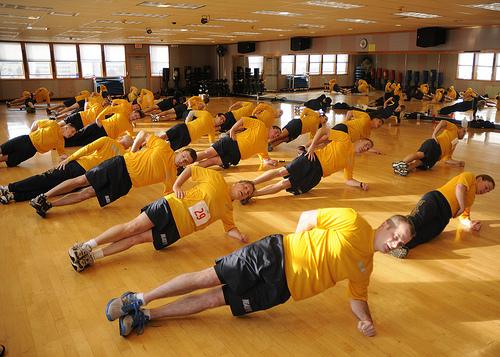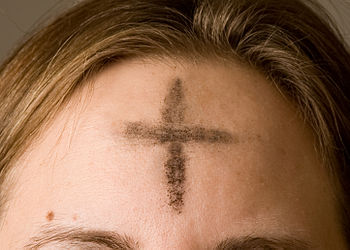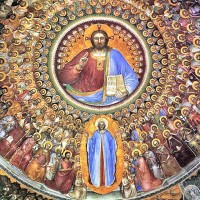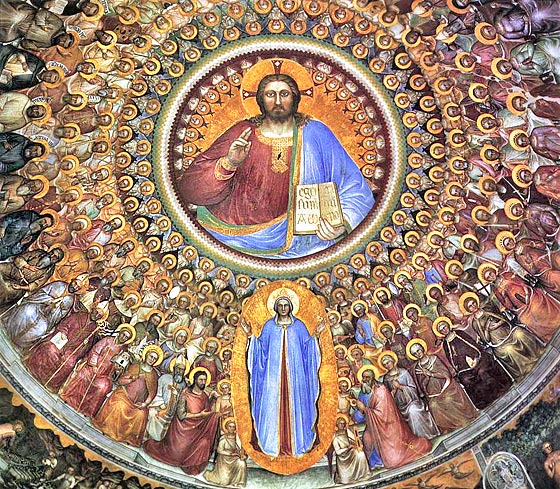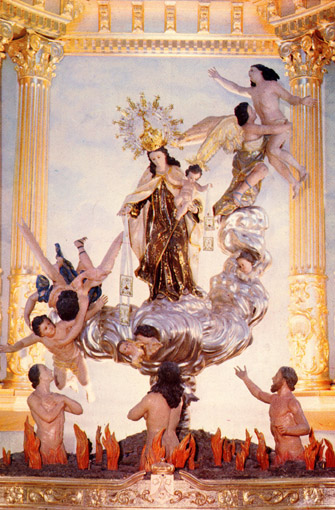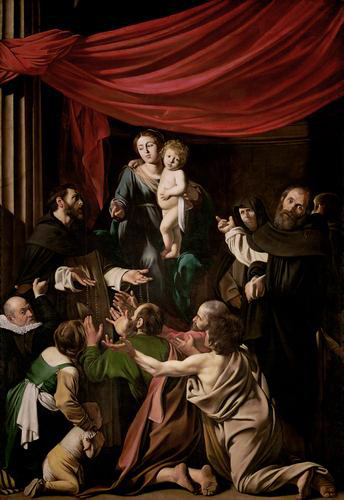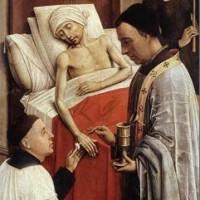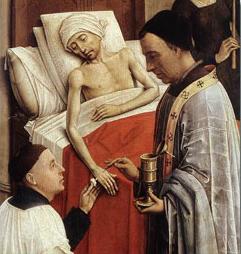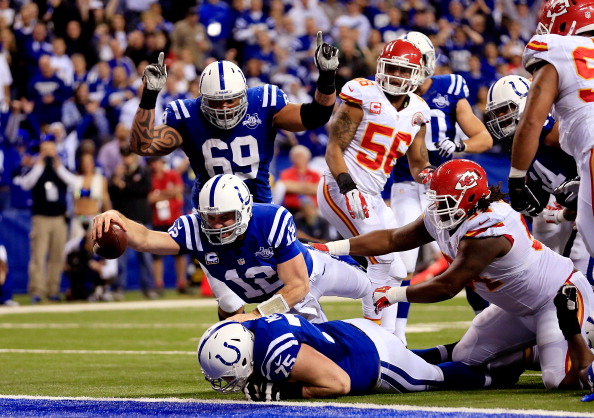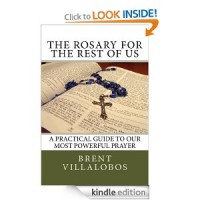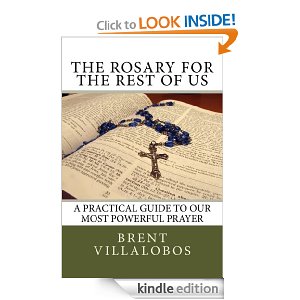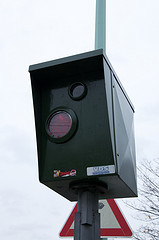You shall obtain all you ask of me by recitation of the Rosary.
Mary‘s 11th rosary promise is one of my favorites probably because it is so easily misunderstood (thus providing me with lots to write about). What does Mary mean when she says you will obtain all that you ask through the rosary? I’m sure many of us have prayed for a financial windfall. But how many of us have won the lottery? I’m sure we’ve prayed for good health for ourselves or a loved one. And yet we still get sick. It seems like we ask a lot from Mary through rosary meditation and yet so few of us seem to have our specific requests fulfilled. If Mary doesn’t keep this promise how can we trust her to keep the other 14 rosary promises?

I think the best way to jump into this promise is to retell a homily I heard many years ago. The priest emphasized how we tend to fixate on one specific answer to our prayers and we overlook how God actually answers them. The priest told a story of a man travelling home on foot after a long journey and had to cross a mountain range. Already tired and hungry, he prayed for God to level the mountain so that he could make it home safely and quickly. After waiting a few hours and seeing that God did not level the mountain, the man grumbled, carved a walking stick from a nearby tree branch, and started on his way. After a rather uneventful trip, he made it over the mountains and back home.
The man was enraged because he thought God did not answer his prayer. What the man failed to realize was that God provided a tree branch for the walking stick, good weather, and safe passage through the mountain range. And ultimately, the man did make it over the mountains and back home safely which is why he prayed in the first place. The man was so fixated on his one specific request that he did not notice two things. First, he did not realize that he already had the ability to make it over the mountains without God performing a miracle. Second, he didn’t see all the little things God provided to supplement his abilities.
I think many of us approach prayers and intentions like the man crossing over the mountains. We ask God for help and wait for a very specific, often miraculous, response. The response we want is usually an easy answer. We get sick so we want God to cure us. We have financial problems, we ask God for a windfall. We have relationship issues, we ask God to set the other person straight. We have problems at work, we ask God to make those problem disappear. But asking God to “bail us out” shortchanges the abilities He already gave us. God often does help us, not by making our problems go away, but by making us realize he already infused us with the strength, intellect, and abilities to overcome life’s challenges.

Mary’s promise reminds me of how the rosary is a lot like an amplified echo chamber. You make your intentions through rosary prayer and Mary reminds you that God already gave you the strength to overcome whatever challenges you face. But the rosary helps magnify Mary’s response so that you can hear it, internalize it, and put into action those gifts God has given you. You ask for wellness and Mary reminds you that God gave you the strength to endure the sickness and use your physical weakness as an opportunity to offer up a sacrifice to God in reparation for your sins. You ask for a fix to your financial problems, but Mary reminds you through rosary meditation that money doesn’t make you a better person nor gets you into Heaven.
Mary does hear and answer our prayers and acts as our mediatrix to God. But we have to be open to the fact that the answer to our prayers isn’t always what we expect. The rosary helps us not only hear God’s response but more importantly it helps us accept it even when it isn’t what we want to hear.
Related articles
- Blessed Pope John Paul II Msg on Praying the Rosary (catholicglasses.com)
- The Feast – Mary’s Rosary Promise #10 (rosarymeds.com)
- My Rosary, My Salvation (newevangelizers.com)
- Mary’s Rosary Promise #8 (rosarymeds.com)
- Joyful, Luminous, Sorrowful, Glorious (acatholicconvertinottawa.wordpress.com)
- Mary’s Rosary Promise #1 (rosarymeds.com)




